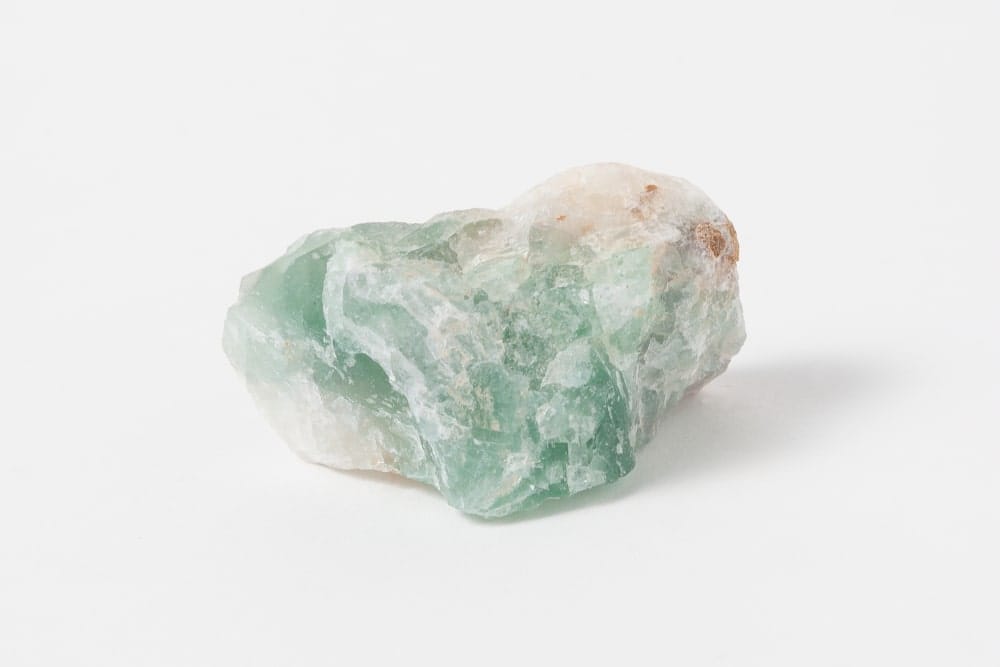Did you know that fluoride has been a part of dentistry for over 70 years? In fact, fluoride may just be a general dentist’s best friend because it helps to strengthen the tooth enamel and prevent dental decay. For this reason, fluoride is used in dental products such as toothpaste and mouthwash. It is also applied topically after a teeth cleaning and can be found in drinking water.
But, why exactly is fluoride so popular in dentistry? And is it safe to consume and expose ourselves and our families to so much fluoride? Recently, there has been some controversy regarding the addition of fluoride to the drinking water. During any controversy, it is important to evaluate the facts. Therefore, here are four facts about fluoride:

1. A Common Element
Contrary to what some may believe, fluoride is a mineral not a medication. Fluoride is derived from fluorine, which is a natural component of the earth’s crust. It is found in soil, rocks, and water, and is the 13th most abundant element in the world. Fluoride used for water fluoridation, as well as phosphoric acid used for Coke and Pepsi are both found and extracted from a phosphate rock.
2. Makes Your Teeth Stronger
Fluoride is an ion, meaning that it is an atom that holds a negative or positive charge and is actively seeking another atom to combine with in order to balance that charge. Tooth enamel is composed of calcium and phosphate, which both have positive charges. Since fluoride has a negative charge, it combines with calcium and phosphate to form a compound called fluorapatite. This compound is much stronger than simply calcium and phosphate, meaning that your teeth will be more resistant against the bacterial acid erosion that causes cavities.

3. Fluoridated Water Improves the Oral Health of Communities
Adding fluoride to the drinking water has been proven to be largely beneficial in reducing tooth decay. In fact, the Centers for Disease Control and Prevention considers water fluoridation as one of the greatest health achievements of the 20th century. Since the introduction of fluoridated drinking water, many studies have been performed to test this theory. One study in particular was conducted by the U.S. Department of Health and Human Services in order to determine which community-based health programs were effective and those that were not. Their conclusion was to continue recommending communal water fluoridation due to its ability to reduce tooth decay. Not only does in increase communal oral health, but it decreases expenses paid to treat dental problems.
4. Fluoride is safe
Since fluoride is found in the earth’s crust, it is a naturally occurring substance in water and air. In fact, a person gets about 75% of their fluoride uptake by water, soft drinks, and juice. The amount of fluoride added to drinking water is about 1.4 mg to 3.4 mg, however the exact amount can vary depending on the community. To determine how much fluoride is in your drinking water, check out your local water district website. Additionally, over 3,200 studies have been conducted on fluoride’s use in drinking water providing evidence that it is safe. Furthermore, various medical and health organizations have stated that fluoridated drinking water is safe.
As you can see, fluoride is a highly beneficial mineral that is added to dental products and drinking water in order to safely strengthen your tooth enamel and improve the oral health of the community. Despite the recent accusations against fluoride, the scientific evidence proves that it is both highly effective and safe. For more information, you can check out the American Dental Association’s pamphlet on “Fluoridation Facts”.

Dr. Dennis Laurich has been practicing dentistry for over 40 years. He received his DDS degree from the University of Michigan Dental School and regularly attends oral health care conventions to continue his dental education. This allows him to treat patients with the leading dental technology and methodologies. Additionally, he is a member of the American Dental Association, Michigan Dental Association, and the Detroit District Dental Society.




